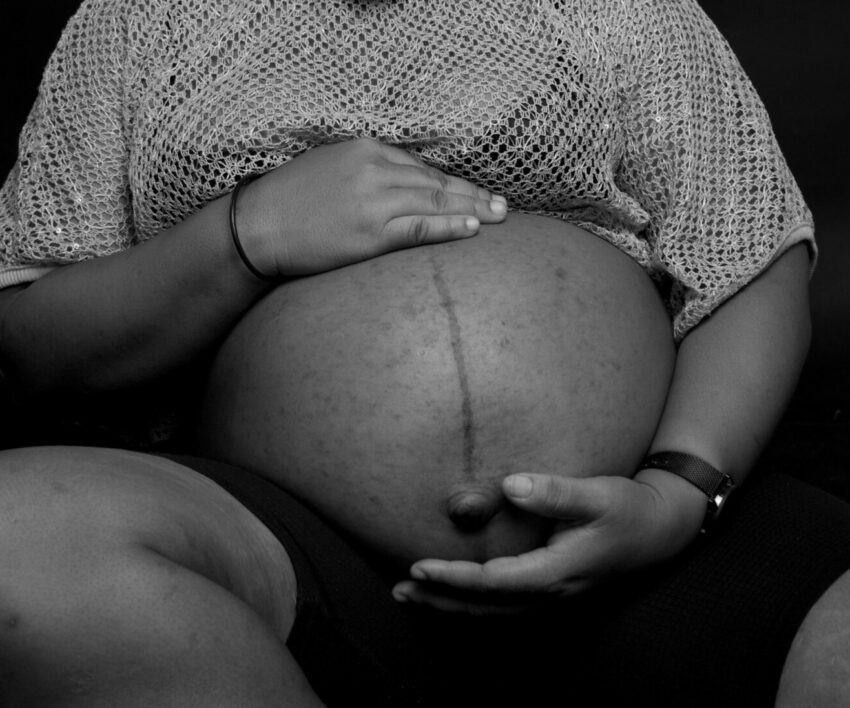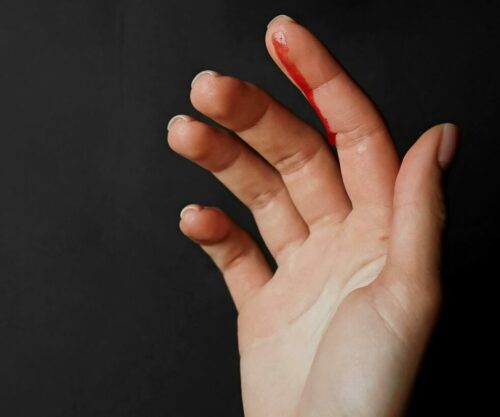
The post-natal period for mothers can be a painful process for some women, especially first-time moms. You are still getting used to the new normal of having a baby around and at the same time, you need to nurture your healing body that has not yet recovered.
The healing process for moms who gave birth naturally and those who underwent the cesarean section (C-section) are different. One would feel that one process heals faster than the other, but that all depends on the birthing process and how the mother’s body is.
Here are tips suggested by health experts on how you can speed up the healing process of your C-section;
Rest more: Medical and health hub, Healthline states that after a cesarean delivery, it’s important to get plenty of rest and allow 6-8 weeks for the body to fully heal. The publication suggests that you sleep when your baby naps, ask for help with diaper changes and housework and get occasional rest throughout the day to help with diaper changes and housework.
Pamper your body: The above information course further advises that you hold your abdomen when coughing or sneezing, avoid strenuous exercise and take gentle walks to help heal, and prevent constipation. “Avoid going up and down stairs as much as you can. Keep everything you need, like food and supplies for changing diapers, close to you so that you do not have to get up too often.”
Reduce your pain: The WebMD publication states that for discomfort around your tummy, use a warm washcloth or a heating pad on low. “You may also need acetaminophen, ibuprofen, or other pain relievers. Most are safe to take if you’re breastfeeding.”
Take care of your scar: After a C-section, it’s crucial to care for your healing scar, states Complete Physio. It is also advised that you change the dressing covering it as needed, and consult your health visitor or midwife for practical advice. “Try to avoid soaps and creams over the area and wash with plain water. After you come out of the shower, pat the wound dry as opposed to rubbing it so that you don’t break off the scabs.”Furthermore, the mentioned source suggests that if the wound starts to itch, report it to your healthcare professional for careful examination. This will ensure the wound’s healing process.
Prevent constipation: According to Medical News Today, “Severe constipation can be painful, and straining can injure the C-section incision.” Therefore is it suggested that you ask your doctor about taking a stool softener and make sure you drink a lot of water. The publication mentions that consuming an abundance of meals high in fibre, such as fruits and vegetables, can help in preventing constipation.
Acquire support when breastfeeding: The above publication also adds on to say that a C-section can make breastfeeding challenges worse, so getting advice from a lactation consultant and utilising pillows, supportive seats, or reclining postures can assist new parents get through these challenges.
Also see: 4 Warning signs of postpartum depression




